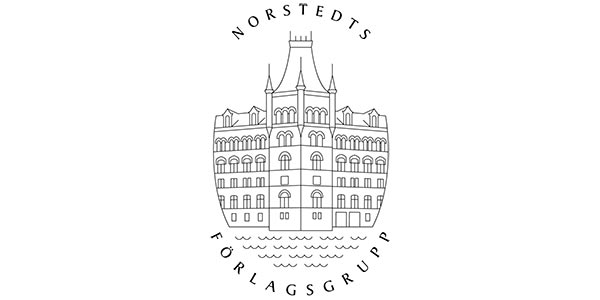
From slaves to princes : the role of NGOs in the contemporary construction of race and ethnicity in Salvador, Brazil

| Serie | Stockholm studies in social anthropology |
|---|---|
| Författare | |
| Förlag | Socialantropologiska institutionen |
| Genre | Samhälle, politik och debatt |
| Format | Häftad |
| Språk | Engelska |
| Antal sidor | 288 |
| Vikt | 720 gr |
| Utgiven | 2007-09-20 |
| SAB | Mqdd |
| ISBN | 9789171554666 |
Global forms and changes affect all spheres of human life-worlds; not least how we interpret and create systems of meaning in our respective habitats. A merging of global and local reflections and actions of ten causes ideological transformations and discursive shifts. Issues of face and the plight of the Afro-Brazilian population, for example, have come to the forefront of public debate in Brazil during the last decade. One of the main architects behind this discursive shift is the Afro-Brazilian movement, which by and large is comprised of numerous so-called NGOs. These constituent NGOs, as well as the Afro-Brazilian movement writ large, are greatly affected by the transnational flow of financial resources, information and people emanating from Western donors and the transnational Afro-Diaspora network. Ideologies of face and ethnicity are re-contextualized, replacing the previous focus on class in Brazil, and thus creating new frameworks of interpretation at national and local levels.
'From Slaves to Princes' is focused on three NGOs in the city of Salvador, each situated on a different socio-economic level within the Afro- Brazilian movement. It is argued that the articulation of Afro-Brazilian identity and authenticity is very much in the ascendant, spurred by the dynamic interaction among organizations within the Afro-Brazilian movement on the one hand and by the relationships these movement organizations develop with external actors - state agencies, donors and foreign activists - on the other. Of particular interest is how each of the organizations is affected by and reacts to questions related to class, gender, location, donors' expectations, leaders' ambitions and interventions by foreign activists.























